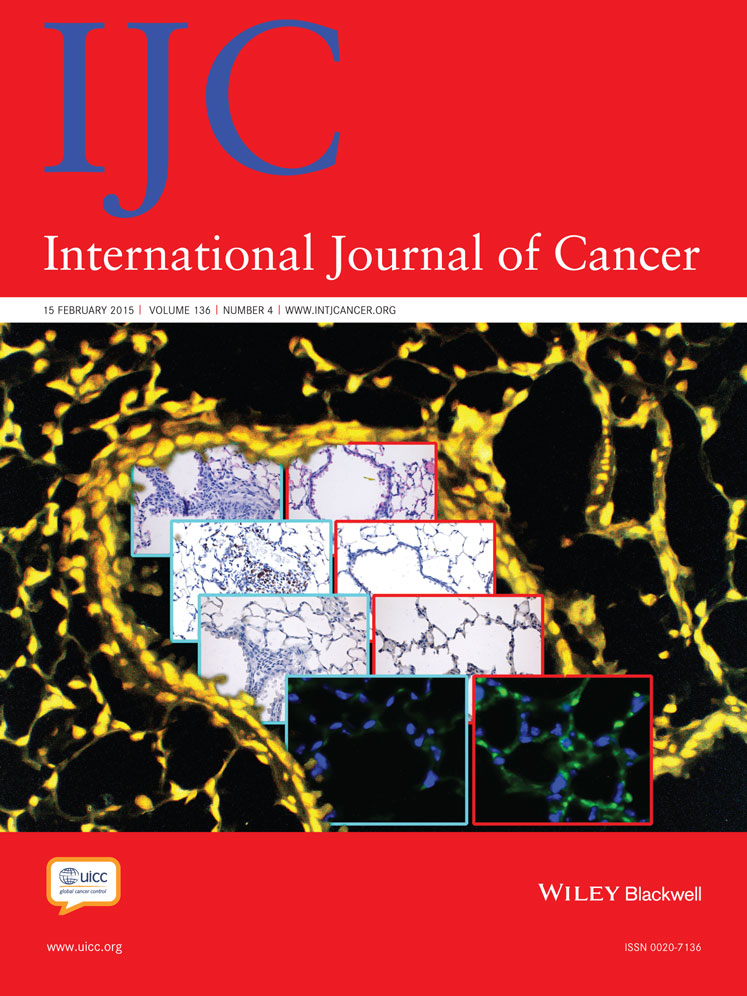TRAIL expression levels in human hepatocellular carcinoma have implications for tumor growth, recurrence and survival
Abstract
The proapoptotic molecule TNF-related apoptosis-inducing ligand (TRAIL) has earned attention because of its ability to induce apoptosis in liver cancer cells without damaging normal liver cells. It may play an important role in preventing the development and outgrowth of hepatocellular carcinoma (HCC). TRAIL expression was investigated in a large series of human HCCs. We analyzed liver tissue from 108 patients undergoing partial liver resection (PLR) or liver transplantation (LT) because of either HCC or other indications. TRAIL expression was correlated with the cause of liver disease, demographic and clinical variables and pathologic properties. Our analysis found that in 66% of HCCs TRAIL expression was significantly lower than in the surrounding non-cancerous liver tissue (p ≤ 0.012). Separation by cause of disease showed that HCC TRAIL mRNA expression was lower in almost all groups than in non-cancerous tissue but most significantly lower in NASH-associated liver tumors. Interestingly, low HCC TRAIL expression was found to correlate with tumor size (p ≤ 0.007) and stage, as well as with tumor recurrence after resection and poor survival rates. The results of this study suggest that low TRAIL mRNA levels may be both a dominant feature in HCC development and growth and a predictor of tumor recurrence and poorer survival rates.
Abstract
What's new?
Evidence suggests that the development and outgrowth of hepatocellular carcinoma (HCC) is influenced by dysregulation of tumor necrosis factor–related apoptosis-inducing ligand (TRAIL). Here, TRAIL expression was found to be reduced in about two-thirds of HCCs, based on analysis of tissue samples from patients who underwent liver resection or liver transplantation, either because of HCC or because of other liver disease. TRAIL expression was correlated with tumor size and stage, recurrence after resection, and survival rate. The findings suggest that TRAIL may be able to distinguish high-risk HCC patients and influence decisions about the need for additional perioperative adjuvant procedures.




